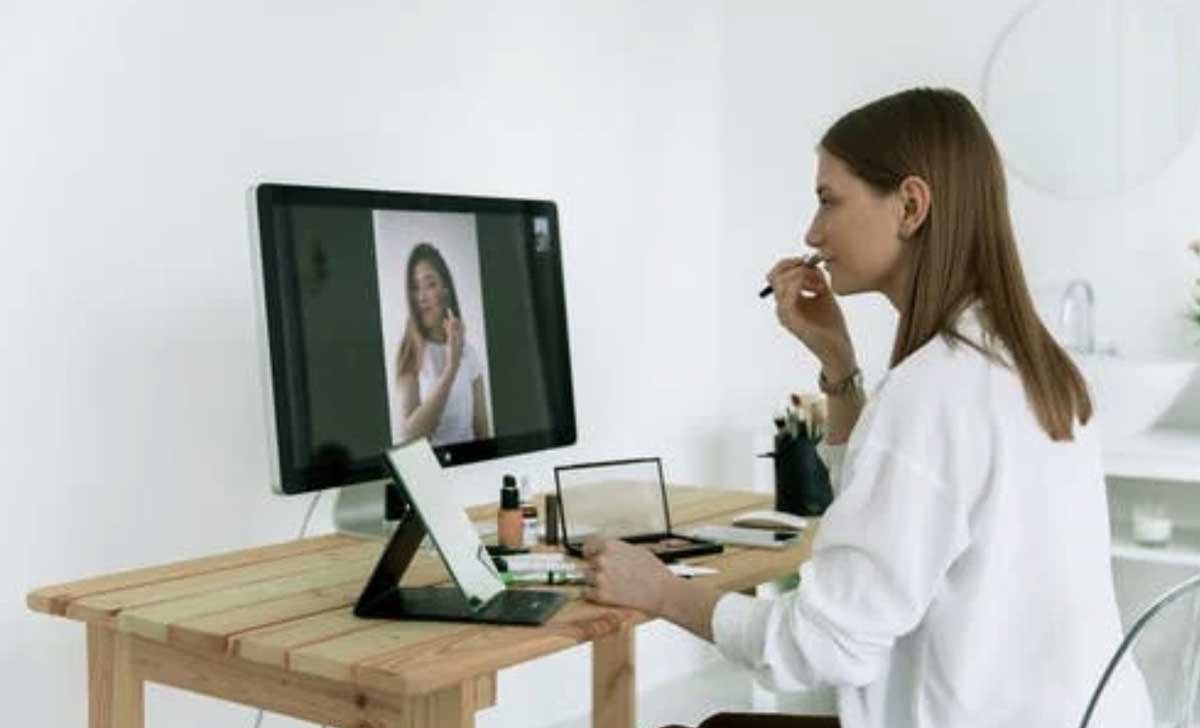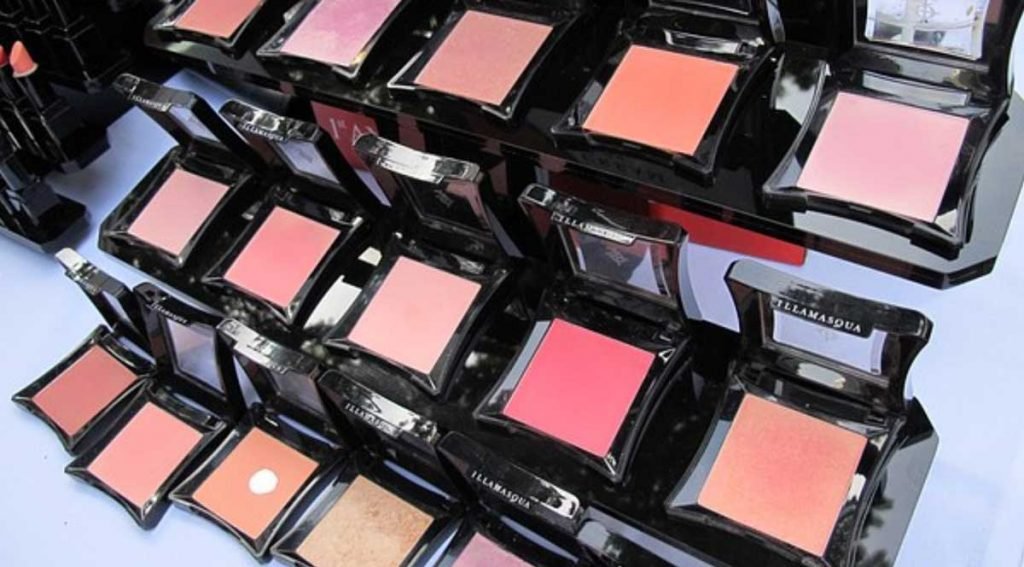Cosmetology is a field that uses science and art to improve the skin, hair, nails and make them beautiful. Experts in cosmetology are known as cosmetologists. They use procedures, treatments, and therapy to enhance their customer’s appearance.
Beauty brands also focus on improving their consumers’ beauty and experiences each time they engage them. These customers test and buy beauty products. That is why software development comes in to provide a cost-effective, productive, and safe way to try on and buy cosmetics.
This is possible through automated software that uses natural language processing, machine learning, and robotics.
According to statistics, 73% of organizations use automation technology. This is because automation is an important part of software development.
Software development has also become easy and integral part of any industry. There are many technologies that has made the process hassle free. Right from development of the software to testing and bringing to to the production, you can find tools and platforms to aid you.
While you can find tools to develop the software, you can also find tools to test the efficiency and functionality before bringing it into the actual process. This is important as without an ineffient software you can not achieve the goal set.
You can find free tools that aid the process of of testing the efficiency of the software like automated software testing tools that are available online. These online tools have become famous among the developers as they take up their burden of manual testing to a large extent.
Cosmetology businesses also develop and use automated software. Software development is vital across different industries. Here is the contribution of software development in the cosmetology industry.
1. Personalization of Cosmetics
Software development has made the personalization of cosmetics possible. Customers can buy customized products that suit their skin type.
This is because AI technology can perform skin diagnostics using machine learning. For example, the software can analyze skin issues like oiliness.
Such analysis tools enable beauty companies to personalize their products to suit customers’ needs. Personalization software is compatible with most platforms, including websites.
2. E-Skincare Advisors
Skincare advisors use AI software programs to deliver services and share their knowledge. Brands like Mecca offer consultation to their customers virtually.
Others like Olay launched “Olay’s skin-advisors” to make skincare product recommendations. Such programs make it possible for customers to learn about different cosmetic products and apply them. Customers can access such video tutorials online.

3. Virtual Cosmetic Testing
More beauty brands are embracing augmented reality and artificial intelligence technology. This helps buyers to try out different cosmetics before buying.
Such software applications help simulate makeup and hairstyles before making a decision. Users can explore different shades of face foundation, lipstick, or nail polish without applying them directly to their skin.
This is because different skin types can react differently to cosmetic products. Automation programs ensure customers do not worry about their skin reacting to the makeup when trying it out.
Testing cosmetics virtually on platforms like smartphones is the best way to improve hygiene and keep customers safe.
4. Product Development
Cosmetologists need to understand the products that work for their customers. Cosmetic companies also need to find out what their customers are looking for.
This means they need to conduct research in a fast and efficient way. Data collection and analysis will help in researching and developing the right products. It can also help in finding new markets.
Looking at customers’ comments about a specific beauty product can help gather information. Developing and testing automation software that can filter such comments is essential. Analyzing such information helps in making product development decisions.
5. Cosmetic Product Distribution
Software development increases efficiency in product distribution. Giant beauty brands like L’Oreal have more than 150 distribution centers indifferent countries.
They use 4.0 technology to enhance distribution. The software uses machine learning and data to distribute products faster.
A buyer can also virtually test a product like lipstick. After choosing the right shade, the physical product is delivered to the customer.
6. 3D Customer Experience
Some beauty brands offer 3D experiences for customers shopping in their stores. For example, Lancome provides a 3D experience for its products.
Buyers can test different products virtually. They also allow customers to discover and learn about their cosmetics. For example, virtual skin consultation is provided in a different shopping zone.
Customers do not worry about the distance when they need skin care advice. 3D software provides the best customer experience for virtual shoppers.
7. Live Streaming With Influencers
Live experiences involve live streaming. It is trying out different products while educating your audience. For example, an influencer can livestream and teach audiences how to use different skin products.
This is a way of creating awareness of different cosmetics. It also means the product sales will increase because customers understand how to use the products.
Live streaming can happen on platforms like Instagram and Facebook. It is important to have high-quality live streaming to gain customer trust.
Quality live videos can lead to brand loyalty. Perform a test automation tutorial using a test automation tool to check quality.
8. Social Commerce
Customers can purchase beauty products directly from their social software applications. Platforms like Instagram, TikTok, WeChat, and Facebook allow customers to socialize and buy the cosmetics they like.
Customers do not have to leave their social channels to make a purchase. This provides convenience and an excellent customer experience. Beauty brands, including L’Oreal, are tapping into social selling software.
9. Conversational Commerce
Communication is critical in the beauty industry. It makes sure customers’ needs are understood and met. This is possible if beauticians stay connected with customers and build lasting relationships.
Automation software makes communication through conversational commerce possible. This provides a way for beauticians to keep their customers updated about new trends.
They can communicate through smartphone apps, AI assistants, push notifications, and texts. Customers can book appointments using these methods. Such communication can take place in real-time.
Key Takeaway
Software development helps solve many problems in the cosmetology industry. It has revolutionized brand and customer experiences through automation.
Customers can perform activities like cosmetic testing, skincare consultation, and e-learning. They do not need to worry about distance or hygiene. Augmented reality and artificial intelligence make it possible to test, buy and consult safely.
Software development makes communication easier through different social channels and apps. Maximizing the benefits of software in the cosmetology industry means using test automation tools. These testing platforms ensure software performs optimally.

